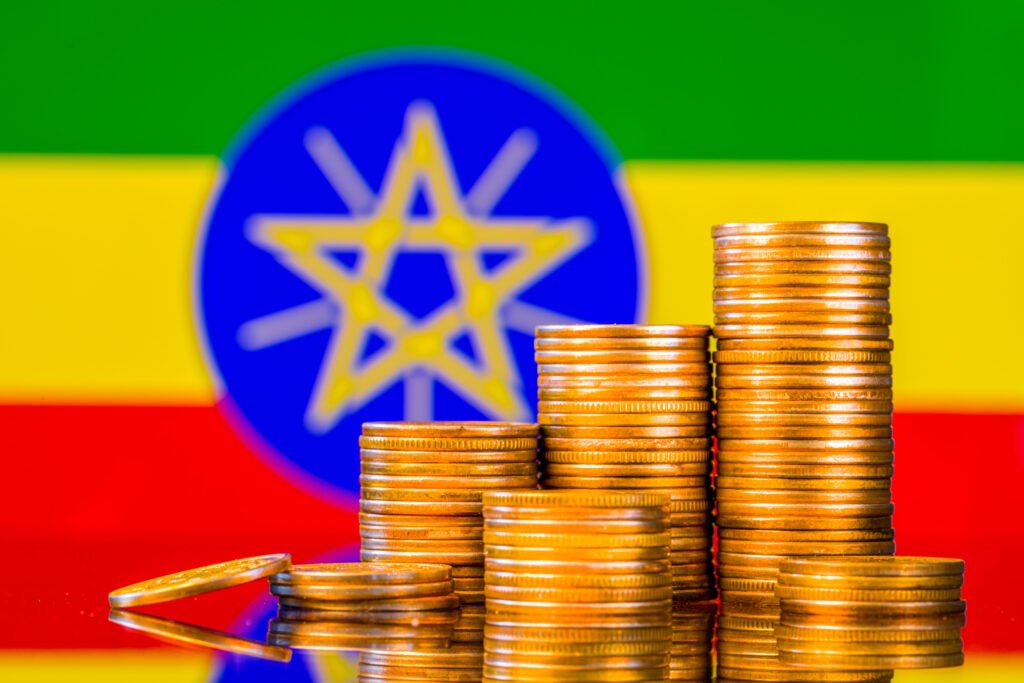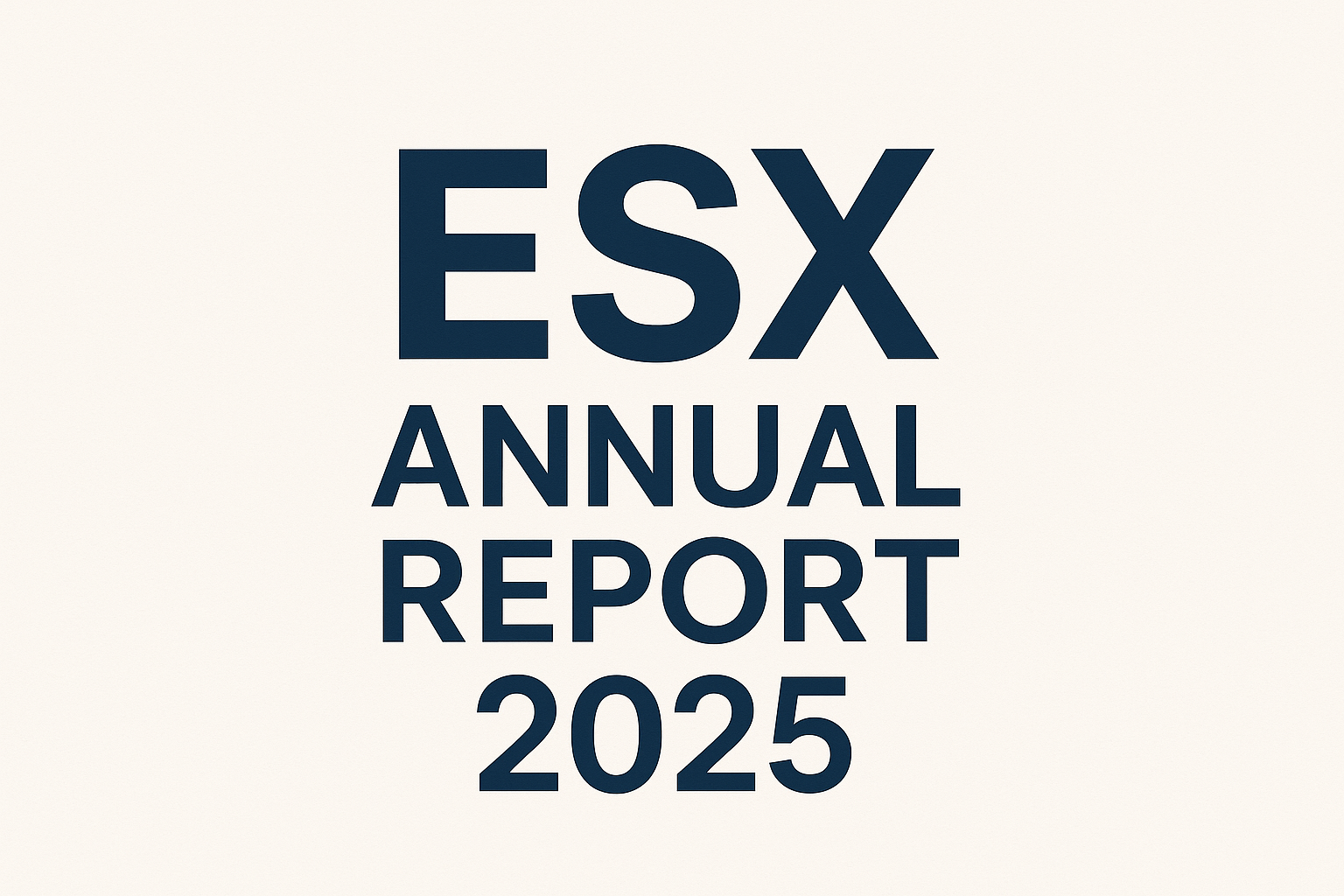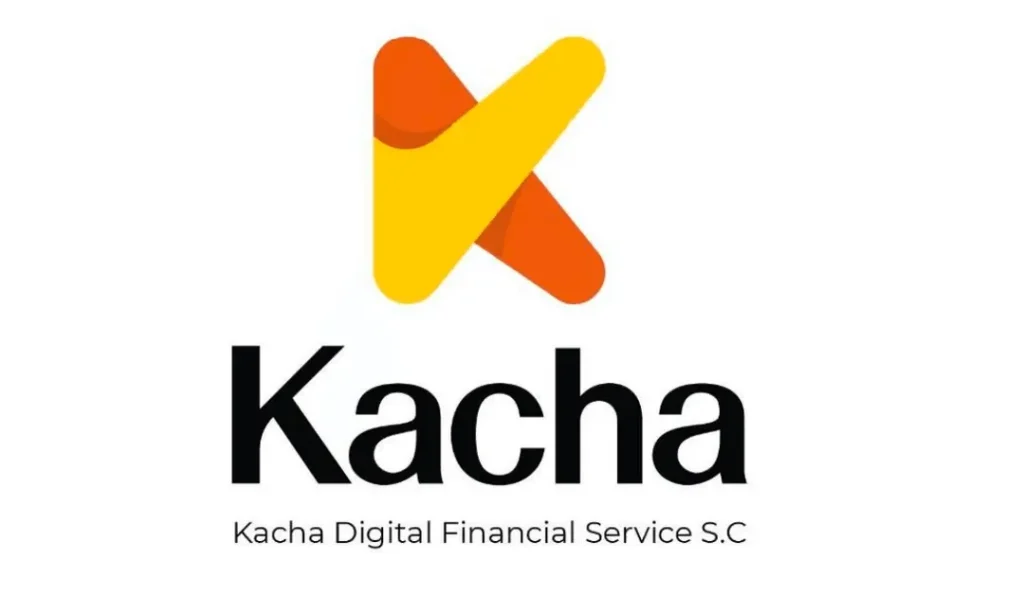Ethiopia’s Banking Revolution: A Prime Frontier for Strategic Investors
The Emerging African Financial Powerhouse
Ethiopia’s financial sector is undergoing a remarkable transformation, transitioning from one of Africa’s most protected markets to an open frontier brimming with opportunity. As the second-most populous nation on the continent with consistently strong economic growth, Ethiopia presents a compelling case for foreign financial institutions seeking high-growth emerging market exposure.
Compelling Market Fundamentals
Several structural factors make Ethiopia’s banking sector particularly attractive:
First, the demographic profile is exceptionally favorable. With 120 million citizens and a median age of just 19, Ethiopia boasts one of the world’s youngest populations. This demographic dividend translates into rapid urbanization, a burgeoning middle class, and growing demand for financial services.
Second, the macroeconomic backdrop remains robust. Despite global headwinds, Ethiopia has maintained GDP growth above 7% annually for nearly two decades. The government’s Homegrown Economic Reform Agenda continues to drive liberalization across key sectors, with banking at the forefront.
Most importantly, financial inclusion remains remarkably low. Approximately 65% of Ethiopian adults lack access to formal banking services, representing the largest untapped market in East Africa. This gap creates enormous potential for both traditional and innovative financial solutions.
The Liberalization Breakthrough
The landscape shifted dramatically in 2020 when Ethiopia announced sweeping financial sector reforms. After decades of protectionism, the government permitted foreign bank participation through carefully structured entry pathways.
The National Bank of Ethiopia has adopted a phased approach to liberalization. Initial reforms allowed foreign institutions to take minority stakes in domestic banks. More recently, regulators have introduced provisions for wholly-owned subsidiaries focused on international banking operations.
Digital financial services have received particular attention. The central bank established a regulatory sandbox to foster innovation while maintaining financial stability. This forward-looking approach has already attracted major players, including Safaricom’s M-Pesa, which entered the market in 2023.
High-Growth Investment Verticals
Three segments stand out as particularly promising for foreign investors:
Digital banking solutions represent perhaps the most immediate opportunity. With mobile penetration exceeding 70% but digital payments accounting for just 15% of transactions, Ethiopia mirrors Kenya’s early mobile money adoption curve. The success of M-Pesa’s launch demonstrates the pent-up demand for accessible financial services.
SME banking remains another critical gap. Ethiopian small businesses face an estimated $10 billion financing deficit, constraining economic growth. Innovative lenders that develop collateral solutions and supply chain finance products could capture this underserved market while benefiting from government incentives targeting SME lending.
Trade finance emerges as the third high-potential vertical. Ethiopia’s strategic position along the Djibouti corridor, combined with its growing manufacturing base, creates strong demand for structured trade solutions. Foreign banks with global networks are particularly well-positioned to facilitate cross-border transactions.
Navigating the Opportunity
While the potential is substantial, prudent investors should adopt measured strategies. Successful market entry will require:
Deep regulatory engagement with the National Bank of Ethiopia to ensure compliance with evolving requirements. Local partnerships can provide valuable market intelligence and help navigate bureaucratic processes.
Innovative approaches to liquidity management given ongoing foreign exchange constraints. Structured repatriation plans and local currency solutions will be essential.
Digital-first operating models that leverage Ethiopia’s rapidly expanding mobile infrastructure while minimizing physical branch networks.
The Strategic Imperative
Ethiopia represents one of the last major untapped banking markets in Africa. For forward-looking financial institutions, early positioning could yield substantial first-mover advantages as the sector continues to liberalize.
The window of opportunity is now open. With careful planning and local partnerships, foreign investors can establish strong positions in what may become East Africa’s next financial hub. The time for serious evaluation is upon us, before global competitors fully awaken to Ethiopia’s potential.







